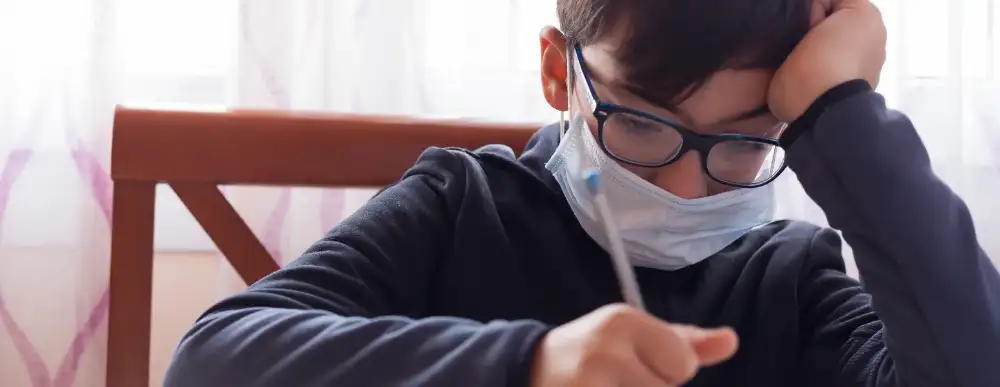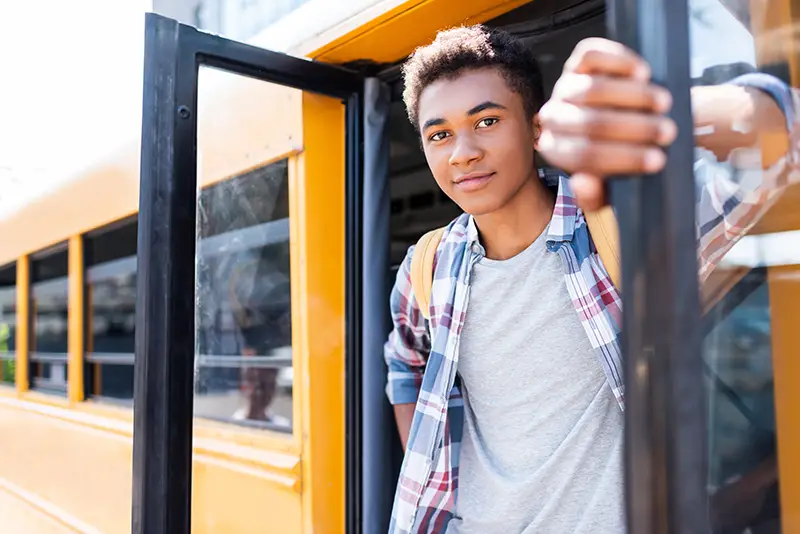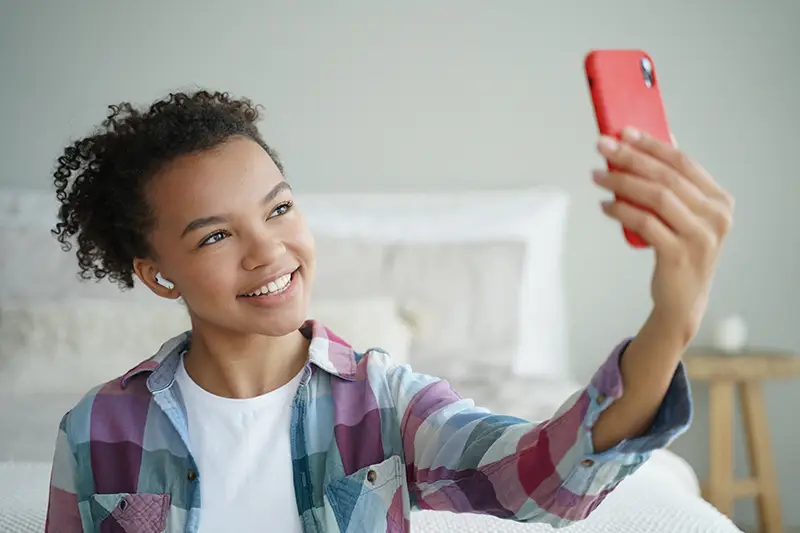Schools across the country and here in Eastern Idaho have recently shut their doors because of the novel coronavirus. Kids are now acutely aware that something is different, although they may not totally understand what it is. There are things adults can do to help kids through difficult times like these.
Kids don’t always fully understand what’s going on around them at a logical level, but they pick up on more emotions than we often give them credit for. Both modeling the way to manage difficult emotions and providing developmentally appropriate explanations are ways adults can help kids at times like these. Additionally, providing consistency and predictability is helpful for adults and kids alike.
It’s okay to show kids that you, too, are worried about things right now. It’s helpful to label emotions accurately for kids (for example, saying “I’m scared by the news about this virus . . .”), as long as those statements are followed up with a sense of a hopeful future (“. . . but know that we’re doing everything we can to stay healthy and safe.”)
How do we explain things we aren’t even sure of ourselves to children? Stick to the facts, and not too many. We know that COVID-19 is a new virus, which is why we aren’t yet sure of how it will act and how to prevent it. We know that “social distancing” and good hygiene will reduce the spread of it. We know that many will get sick, but most will get better within a few weeks.
There are many online tools available to show kids how long they should be spending washing their hands. Cartoonist Malaka Gharib has worked with NPR to create a cartoon which explains the Coronavirus in kid-friendly terms
How can we help kids maintain consistency and predictability during these uncertain times? Most local school districts are now on an unexpected break for several weeks, if not longer. This is to promote social distancing/isolation. When kids have lost the consistency of the school day it is difficult to also take away the consistency of play dates, etc. However, play dates in the current climate are counterproductive to the reasons the schools are closed – keeping people apart from each other so that they don’t inadvertently spread the virus from person to person.
Try to create a routine for your children if possible – while remaining somewhat flexible. Include healthy movement which doesn’t involve densely packed parks (GoNoodle videos on YouTube, which are used in some classrooms, are great for this purpose). Attempt to maintain social contacts through phone or video. Seek out support for yourself as a parent in similar ways.
If your child gets sick in the next few weeks, do not panic. As previously mentioned, your child will look to your reactions to determine how they should react. Contact your child’s primary care provider and discuss symptoms. Remind your child that their symptoms could indicate a variety of things. Also remind your child that most kids who get sick from this virus recover fully and don’t get very severe symptoms. Emphasize good hygiene so that illness does not spread. And, to reiterate do not panic.
As a society we have to work together as a team if we are going to mitigate the effects of COVID-19. Let’s start with the most basic team we can: our own family.
Kendra Westerhaus is a Licensed Psychologist who works with children, adolescents, and their families at Health West. She graduated with her PhD in Clinical Psychology from Idaho State University in 2012.








